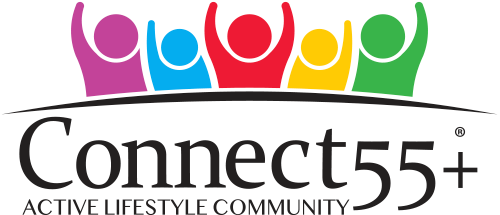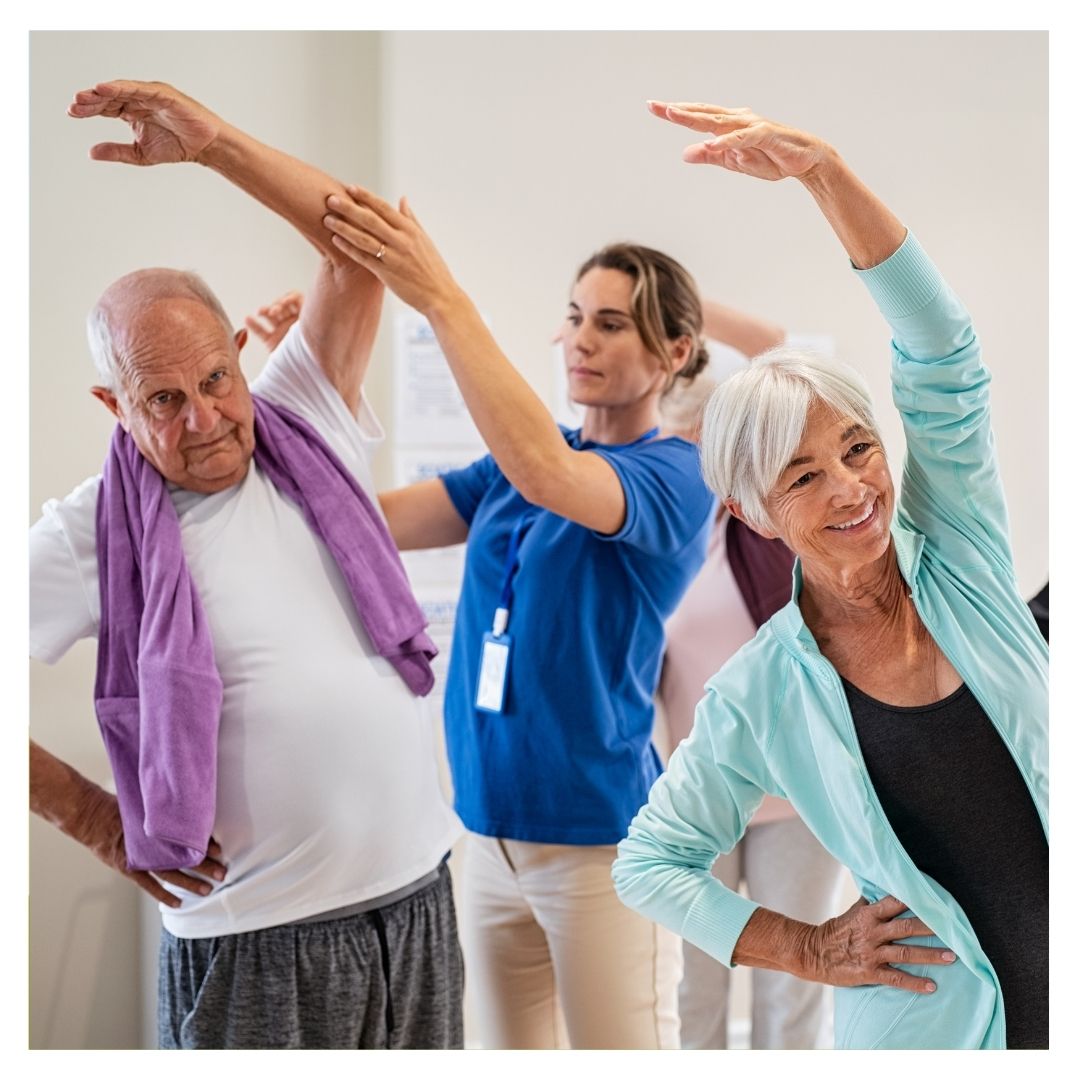Did you know that approximately one in nine Americans aged 65 and older is diagnosed with Alzheimer’s disease or another form of dementia? While this statistic highlights the serious challenges many seniors face, it also underscores the importance of proactive brain health strategies.
Research has repeatedly shown that enjoyable activities, such as painting, knitting, or solving puzzles, can significantly contribute to building cognitive reserves that help stave off dementia. In fact, these simple, fun activities can lower the risk of dementia by 40%!
The secret lies in understanding exactly how these creative pursuits protect and strengthen your cognitive abilities as you age.
Key Takeaways
- Regular creative activities help form new neural connections and maintain mental sharpness.
- Hobbies reduce anxiety, depression, and feelings of isolation while building social connections.
- Many senior living communities offer dedicated spaces and programs that make pursuing new interests easier.
- Starting small with achievable goals makes it simple to integrate brain-boosting activities into daily life.
Understanding Cognitive Wellness
Let’s look at the science behind brain health. As we age, our brains naturally change, but cognitive decline isn’t inevitable. The key lies in understanding that our minds need exercise just like our bodies do. Regular mental stimulation through learning new skills, solving problems, and engaging in creative work helps maintain cognitive function.
Many seniors worry about changes in their memory or a decline in their mental processing speed. These concerns are normal, but lifestyle choices can make a real difference in how our brains age. Activities that challenge different cognitive abilities—such as memory, attention, and problem-solving—create a protective effect against cognitive decline.
The Science Behind Creative Activities
When you pick up a paintbrush, work on a puzzle, or learn to knit, your brain becomes actively engaged in multiple ways. These creative and hands-on hobbies stimulate different parts of your brain simultaneously, such as areas responsible for problem-solving, memory, coordination, and creativity.
As you practice these activities, your brain forms new neural pathways, which are connections between brain cells that help transmit information more efficiently.
At the same time, these hobbies strengthen the existing connections you already have, making your brain’s communication network more resilient. This is known as the process of building “cognitive reserve.”
The more challenging or complex the activity—for example, following a detailed knitting pattern or solving a difficult puzzle—the more regions of your brain collaborate, enhancing overall cognitive function and helping to keep your mind sharp as you age.
These activities are directly related to cognitive decline, as they actively stimulate the brain and help slow its progression.
Emotional and Social Benefits of Creative Hobbies in Retirement
The emotional benefits of engaging in creative hobbies go well beyond simply protecting cognitive function.
Many seniors find that crafting has a meditative and calming effect, which helps reduce stress and anxiety levels. The focused attention required for detailed activities—such as knitting, painting, or woodworking—naturally encourages mindfulness, allowing the mind to quiet and stay present in the moment. This mindful engagement not only soothes emotional tension but also enhances overall mental well-being.
Additionally, working with your hands provides a powerful sense of accomplishment that can often be missing during retirement. Completing a woodworking project or finishing a watercolor painting offers a tangible result of your time and effort, cultivating pride and boosting self-esteem. This feeling of achievement helps counteract common feelings of purposelessness or loss of identity that can arise during major life transitions.
Beyond the personal rewards, creative hobbies also encourage meaningful social connections. Shared interests bring people together through craft circles, art classes, and hobby groups, creating opportunities to build friendships and emotional support networks. These social bonds provide encouragement and accountability, helping seniors stay motivated and engaged with their passions, which further contributes to emotional resilience and happiness in retirement.
Popular Brain-Boosting Activities
Arts and crafts top the list of beneficial hobbies for good reason. Painting, drawing, and sculpting challenge both creative and analytical thinking. They require planning, problem-solving, and fine motor control while allowing for self-expression.
Music offers unique cognitive benefits, whether you’re learning an instrument or joining a choir. Musical activities strengthen memory, improve attention, and enhance emotional processing. Even listening to music while crafting can boost the cognitive benefits of both activities.
Board games and puzzles provide structured mental challenges that keep reasoning skills sharp. Chess improves strategic thinking, while crossword puzzles enhance vocabulary and memory recall. These activities are easily adaptable to various skill levels and can be enjoyed both socially and independently.
Gardening combines physical activity with cognitive challenges. Planning garden layouts, remembering plant care schedules, and learning about new varieties all engage different mental skills. The outdoor setting provides additional mood and health benefits.
Senior Living Amenities That Support Hobbies
Modern senior communities recognize the importance of creative engagement. Many facilities now include dedicated art studios equipped with easels, pottery wheels, and crafting supplies. These spaces remove barriers to trying new activities by providing tools and materials.
Scheduled classes and workshops introduce residents to new skills with expert guidance. Having structured programs helps people overcome the hesitation of starting something unfamiliar. Group settings also provide immediate social connections with others who share similar interests.
Outdoor spaces designed for activities such as gardening or nature photography encourage residents to stay active while pursuing their hobbies. Walking paths with exercise stations combine physical and mental stimulation. Community gardens allow people to grow flowers or vegetables while socializing with neighbors.
How to Get Started
If you’re eager to boost your brain health through new hobbies and interests but are not sure where to begin, consider the following tips. The key is taking that first step without putting too much pressure on yourself.
- Choose one activity that sparks genuine interest. Your enthusiasm will carry you through the initial learning curve better than any activity you think you “should” do.
- Set small, achievable goals. If painting interests you, aim to complete one small piece rather than planning a gallery exhibition.
- Mix routine with variety. Try alternating between different hobbies to keep your brain challenged, like painting one day and puzzles the next.
- Join group activities whenever possible. Classes and clubs provide accountability, social connections, and exposure to new techniques.
- Take advantage of community resources. Communities like Connect 55 offer organized programs, dedicated spaces, and a support system that makes starting new hobbies easier and more enjoyable.
The goal isn’t perfection but engagement. Every new skill learned and every creative project completed contributes to your cognitive wellness.
Making the Most of Your Retirement
As we’ve seen, brain health for seniors depends heavily on staying mentally active and socially connected. Hobbies and crafts offer both benefits, adding joy and purpose to your daily routine. And of course, the activities you choose matter less than your willingness to keep learning and growing.
Remember that it’s never too late to develop new interests or return to old ones. Your retirement years offer the perfect opportunity to explore creativity without the pressures of deadlines or performance expectations.
Every project completed, every skill learned, and every friendship formed through shared interests contributes to a healthier, happier brain and a more fulfilling retirement. Why not explore active adult communities near you for more information?






